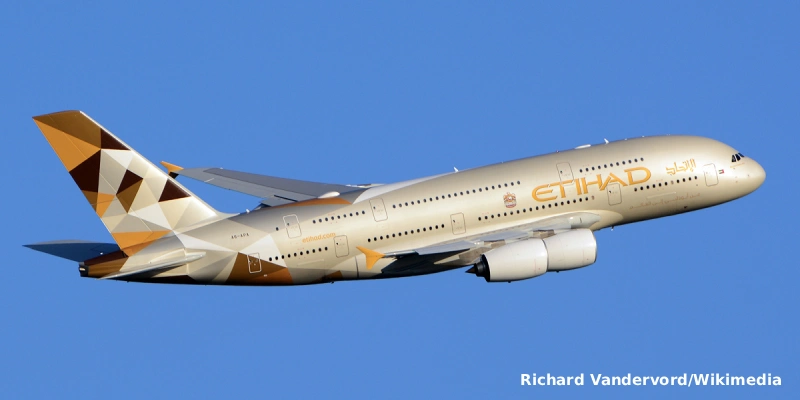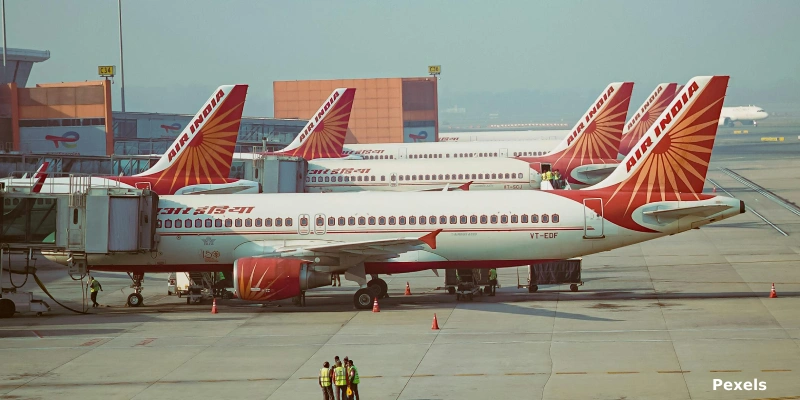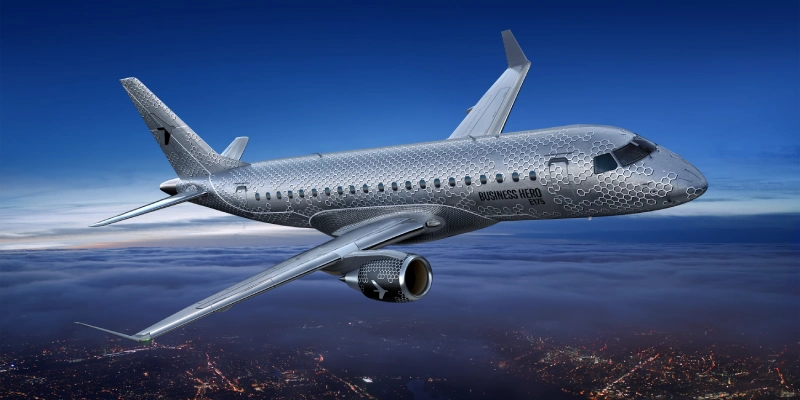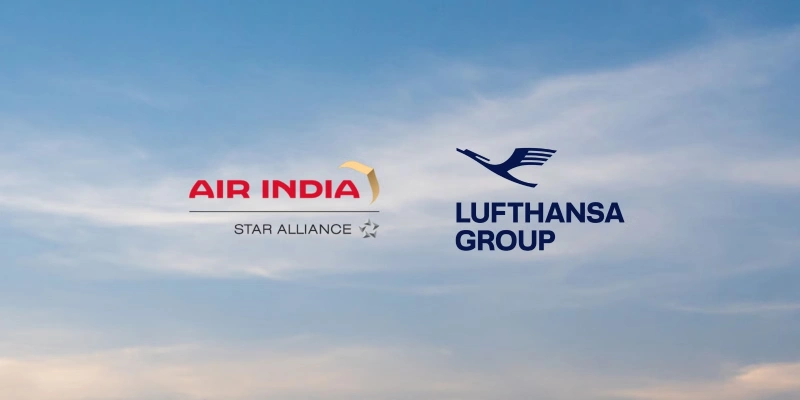The Lufthansa Group has developed an innovative solution powered by artificial intelligence to tackle food waste on its flights: the “Tray Tracker.” This mobile technology scans returned meal trays on the dishwashing line, identifying whether a dish was partially eaten, fully consumed, or left untouched. In addition to tracking food status, the system analyzes flight routes, travel class, and the type of menu offered.
With this data, Lufthansa aims to optimize portion sizes and meal selection, which will not only reduce waste but also contribute to lower CO₂ emissions, as carrying fewer food items decreases the aircraft’s total weight.
Frankfurt and Munich: First to Adopt the Innovation
For nearly a year, Lufthansa has been using the “Tray Tracker” at its Frankfurt hub. Recently, the technology was also implemented in Munich, and the company plans to expand its use to other locations and airlines within the Lufthansa Group.
The “Tray Tracker” was developed by Lufthansa’s Digital Catering Analytics team in collaboration with its subsidiary zeroG, reaffirming the airline’s commitment to innovation and sustainability.
→ Lufthansa Strengthens Its Frankfurt Fleet with Modern Airbus A350s
“Pendle”: Load Optimization with Machine Learning
In addition to the “Tray Tracker,” the Lufthansa Group has launched “Pendle,” another project that uses machine learning algorithms to prevent food waste. Initiated in 2024 by the Lufthansa Innovation Hub, “Pendle” analyzes data points such as flight duration, route, and historical demand to improve food load planning.
Long-term, the goal is to link “Tray Tracker” and “Pendle,” creating a feedback system that maximizes efficiency and minimizes surplus food onboard.
New Strategies for a More Sustainable Experience
The Lufthansa Group is implementing additional complementary measures to reduce food waste and enhance service:
- On short- and medium-haul flights operated by Lufthansa, Austrian Airlines, and SWISS, passengers can pre-order their preferred meals.
- At the end of the day, leftover fresh products are offered at discounted prices as “to-go” items.
- Premium-class passengers on intercontinental flights can select their main course before departure from major hubs, helping to fine-tune food loading.
More Environmentally Friendly Materials
Lufthansa is also investing in sustainable materials for its onboard service. Since 2022, one-third of single-use plastic and aluminum items have been replaced with eco-friendly alternatives, underscoring the airline’s commitment to environmental protection.
With these initiatives, the Lufthansa Group is proving that technology and sustainability can go hand in hand to transform the future of air travel.
Related Topics
Etihad to Deploy Airbus A380 to Bangkok for First Time: Increased Capacity and Thailand Debut of “The Residence”
Air India Records Highest Rate of Technical Incidents in 14 Months During January
Embraer and Adani Defence & Aerospace Elevate Alliance: Agreement for an E175 Final Assembly Line in India
Lufthansa Group and Air India Sign MoU for Joint Business Agreement Following EU-India Free Trade Deal
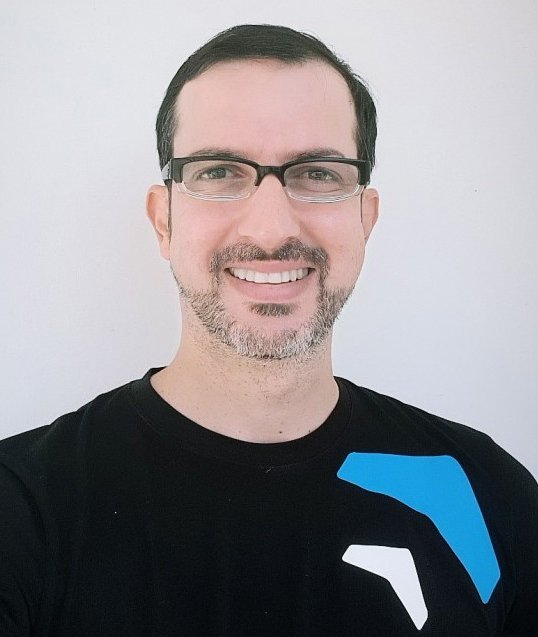
Un apasionado por la aviación, Fundador y CEO de Aviación al Día.

